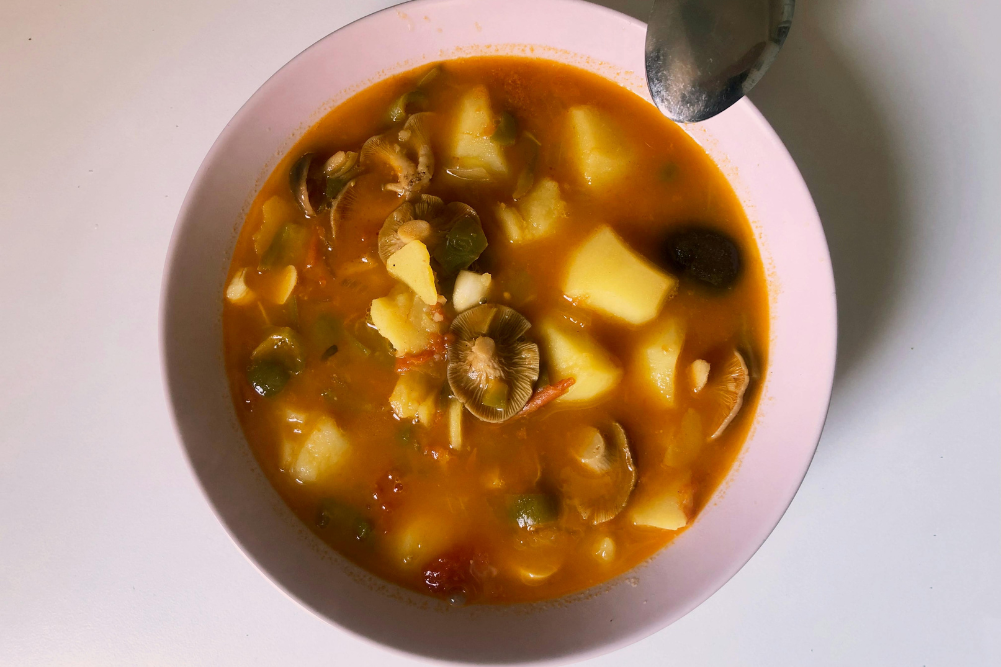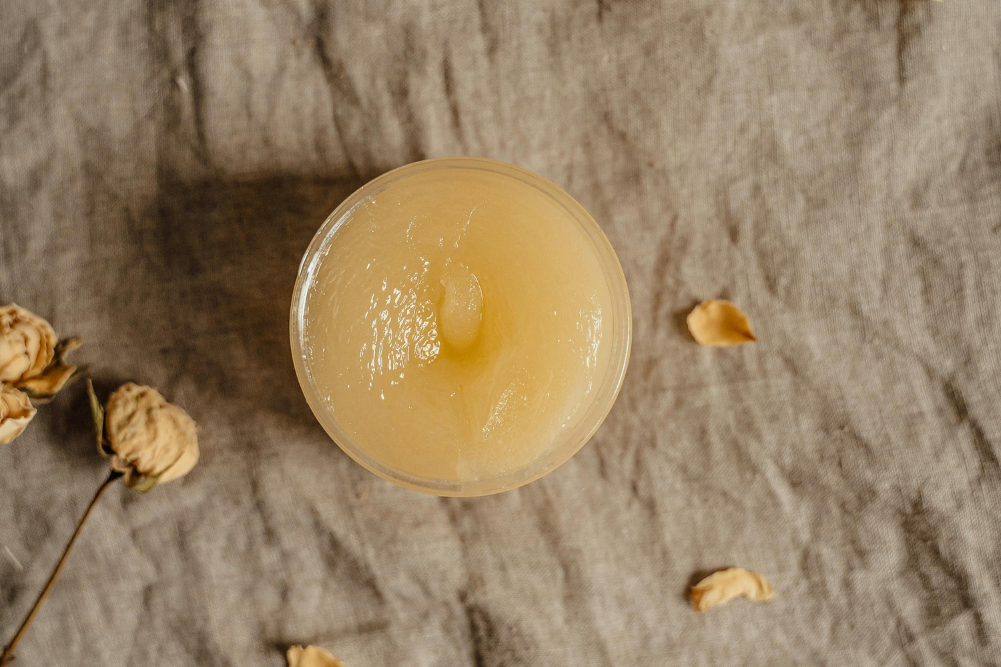The new broccoli
It is pretty well established by now that broccoli ranks up there among the superfoods. So much so in fact that supplement companies are producing products containing broccoli extracts. This is such big business that researchers recently investigated and published in the Journal of Agriculture and Food Chemistry that while the supplements are useful, broccoli as a food is better. All this makes it exciting that a new, and more powerful form of broccoli has been bred.
Rest assured, this new broccoli is not some franken-vegetable with buffalo genes spliced in to produce broccoli with sharper horns. This new broccoli was arrived at using conventional breeding within the species.
One of the key ingredients in broccoli as far as health is concerned is glucoraphanine. In your digestive tract this is converted to sulphoraphane which enters your bloodstream and has been shown to prevent cell proliferation in the early stages of cancer, reduce inflammation, and stimulate production of antioxidant enzymes. The researchers in this instance, went searching for wild species of broccoli that were high in glucoraphanine with the intent of cross-breeding with commercial broccoli species in the hope of producing a super broccoli that was also tasty.
They eventually found, after fourteen years, a wild species of broccoli in Southern Italy that met their needs. They have cross-bred that wild broccoli with commercial broccoli and found that it results in between two and four times the blood levels of sulphoraphane than conventionally grown broccoli species.
Unfortunately, the new broccoli is “ownedâ€, and exclusive ownership of part of the food chain is not a good thing. It is currently being sold in the UK and is expected to be sold more widely over time. The good thing about this research is that it shows what can be achieved by sensible conventional breeding without having to resort to manipulation using genes outside of the species. The main issue with that latter course is that humans have evolved alongside foods which have changed, but have changed via breeding within the species. Human bodies are evolutionarily adapted to dealing with food species that have evolved with us. Once you start splicing in genes from different species, well, you are letting a gene-ie out of the bottle and we just don’t know what the effect on the human physiology will be.
So, ownership aside, let’s hope that “new broccoli†has a better future than other “new†ventures that have taken place, for instance, in the soft-drink or spreadables spheres.







